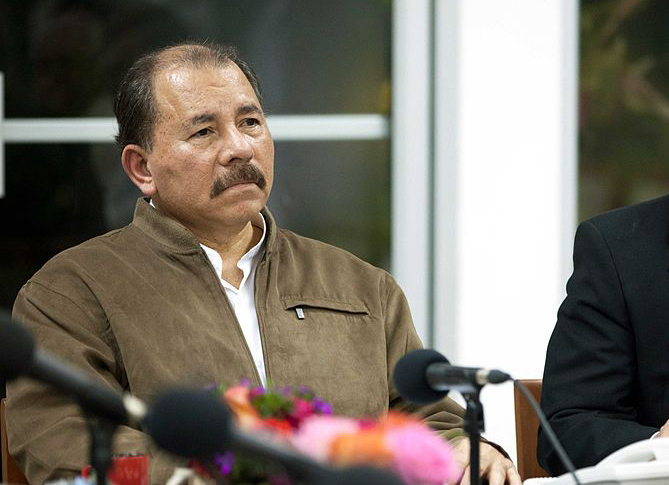What happens in Nicaragua?

The Nicaragua case demonstrates how blurred the borders between democratic and authoritarian states are. The comment by Giuseppe Gagliano
Let's start as usual with the news. According to what reported by Reuters , Blinken underlined – like the Spanish Ministry of Foreign Affairs – how now the situation in Nicaragua has degenerated as can be seen from the simple observation that the elections that have recently been held have in fact no value. democratic. Not surprisingly, the country's Supreme Electoral Council has effectively canceled one of the most important opposition parties to the current government of Ortega, namely the Ciudadanos por la Libertad.
However dramatic it may be, this measure in a context that is supposed to be democratic should not come as a surprise because just recently the government had several opposition candidates arrested; moreover, starting from 2018 the repression against the opposition has become not only constant but absolutely customary. Just think of the arrest on apparently legitimate charges of Cristiana Chamorro , Alfredo Cruz and even Hugo Torres, former commander of the Sandinista troops.
But the repression currently taking place in Nicaragua stems from the need to preserve power at all costs by Ortega and his wife Rosario Murillo. The model followed by Ortega is very similar to that of all authoritarian regimes both in Latin America and in Africa: the control of the parliament which effectively nullifies any type of opposition, the control of the supreme court which makes the autonomy of the judiciary and the promulgation of ad hoc laws to suppress any type of opposition. In a context of this kind it becomes obvious – we would say dramatically obvious – to put in place a real censorship on the media and on social media.
How much the political situation in Nicaragua is now in a phase of degeneration is demonstrated by the fact that the criticisms of the American secretary of state were joined not only by Spain, but by the United Nations, the European Union, Canada and England.
Ortega's reaction was very hard and not so much towards the United States as towards Spain, which certainly has no title to give lessons in democracy given "its serious pending issues, which date back to the 1980s, when the president of then, Don Felipe González, created the so-called anti-terrorism liberation groups (LAGs) that have forever stained the country because of crimes against humanity, never investigated or tried ”.
At this point an innocent question becomes legitimate: but are the democracies that have repeatedly condemned human rights violations in Nicaragua immune to any criticism?
As far as America is concerned, it would be enough to recall the role of the Contras and Reagan, while as regards Spain in the 1980s the Spanish institutions brought about the existence of the Gal , which through counter-terrorist actions eliminated members of the Basque Eta whose actions were discovered by a seasoned team of Spanish journalists.
Democratic states to counter their internal enemies – think of the role of the CIA for the US, of MI6 for England, of France with the DGSE and of the Mossad for Israel – have long waged a similar secret war in terms of operational modalities. to that of their political enemies. A demonstration of how the borders between democratic states and are not much more blurred than we think.
This is a machine translation from Italian language of a post published on Start Magazine at the URL https://www.startmag.it/mondo/nicaragua-ortega-repressione-condanne-stati-uniti-spagna/ on Thu, 12 Aug 2021 06:06:32 +0000.
